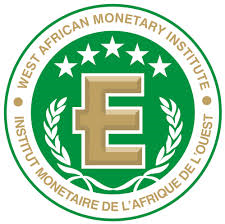Chuks Udo Okonta
The comparatively
high levels of capital requirements in Nigeria impose a considerable barrier to
entering the insurance market for insurers from other West African Monetary
Zone (WAMZ), Inspen has learnt.
The Director-General West
African Monetary Institute (WAMI), Abwaku Englama, who disclosed this in Lagos,
said the high capital requirement for obtaining insurance license in Nigeria, hinders
cross border operations in the zone.
He stressed that whilst a life license requires $25,000 of capital in
Sierra Leone, in Nigeria, same license requires a minimum capital of $13.5
million.
He said: “The Zone’s insurance laws and regulations are
diverse. There are considerable differences in the amount of minimum capital
required for obtaining an insurance license in each of the countries, the
extremes being in Sierra Leone, where a life license requires $25,000 of
capital, and Nigeria, where that same license requires a minimum capital of
$13.5 million.
“Each of the WAMZ
countries has its own set of insurance laws and regulations. The laws currently
do not take risk based capital into consideration; the accent is on total
capital. The comparatively high levels of capital requirements in Nigeria
impose a considerable barrier to entering the insurance market for insurers
from other WAMZ countries. Space for regulatory arbitrage in respect of capital
requirements is invalidated by the fact that branch operations are not allowed
in any of the WAMZ countries: separate corporate structures need to be
established.”
He
called on regulators in the zone to develop a formal platform to promote a
common interest that would promote insurance practice.
“The
level of staffing and the quality of the insurance regulatory staff is related
to its funding. A number of regulators
do meet informally, and have done so over a period of time. There are no formal
arrangements in place between the insurance regulators of the various WAMZ
countries, for such purposes as information sharing.
“The
only formal cross border agreement currently in place is the Brown Card Scheme
under the ECOWAS framework. At the moment, companies operating in more than one
WAMZ country have not yet established functions which are centralized across
all countries, such as claims handling or underwriting,” he added.

No comments:
Post a Comment